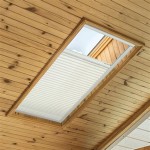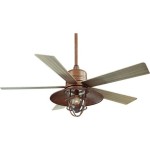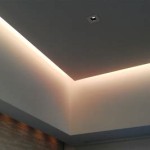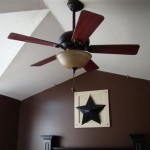Acoustical Ceiling Lighting Options: A Comprehensive Guide
Acoustical ceilings, also known as sound-absorbing ceilings, offer excellent noise reduction, improving comfort and reducing distractions in various spaces. These ceilings incorporate specialized materials that absorb sound waves, mitigating reverberation and creating a more conducive acoustic environment.
Incorporating lighting into acoustical ceilings further enhances their functionality, providing both illumination and sound control. Here's a comprehensive guide to the essential aspects of acoustical ceiling lighting options.
Lighting Types
Acoustical ceiling lighting options range from traditional fluorescent and incandescent fixtures to more advanced LED and fiber optic systems.
- Fluorescent and Incandescent Lights: These are widely used and cost-effective options, but they consume more energy and emit more heat than LED alternatives.
- LED Lights: LED (Light-Emitting Diode) lights are highly energy-efficient, long-lasting, and produce minimal heat, making them ideal for acoustical ceilings.
- Fiber Optic Lights: These systems distribute light through thin, flexible fibers, providing versatility and design flexibility.
Light Fixture Options
Acoustical ceiling lighting fixtures come in various forms to accommodate different aesthetic and functional requirements.
- Troffer Fixtures: Recessed fixtures that fit within the ceiling grid, creating a seamless look with minimal visual obstruction.
- Edge-Lit Panels: Panels that illuminate from the edges, providing diffused and evenly distributed light.
- Coffered Ceilings: Create a coffered effect by combining acoustical ceiling tiles with coffers or recessed lighting areas.
- Linear Fixtures: Long, narrow fixtures that can be suspended or recessed, providing a contemporary and minimalist aesthetic.
Ceiling Grid Considerations
The type of ceiling grid used influences the integration and compatibility of lighting fixtures.
- Suspended Grids: Allow for easy access to ceiling fixtures for maintenance and replacements.
- Concealed Grids: Provide a clean and visually uninterrupted ceiling surface, but limit access to fixtures.
- Flush-Mount Grids: Offer a compromise between suspended and concealed grids, providing some access to fixtures while maintaining a more finished appearance.
Acoustic Performance
When choosing lighting options for acoustical ceilings, it's crucial to consider the impact they have on sound absorption. Certain fixtures, such as those with large metal surfaces, can reflect sound waves and reduce absorption efficiency.
Opt for lighting fixtures designed with acoustical considerations, such as perforated or porous materials that allow sound to pass through and be absorbed by the ceiling tiles.
Conclusion
Acoustical ceiling lighting options provide a multifaceted solution for both sound control and illumination. By understanding the different lighting types, fixture options, ceiling grid considerations, and acoustic performance factors, you can make informed decisions that optimize your space's comfort, aesthetics, and functionality.
Consulting with a qualified lighting designer or acoustical engineer can provide further guidance and ensure the best possible outcome for your acoustical ceiling lighting project.

Lighting Ceilume

Acoustical Lighting S Muffle

On Pendant Fixture Acoustic Sound Absorbing Seascape Lamps

Acoustic Lighting Cooledge

Lighting Ceilume

10 Creative Office Ceiling Lighting Ideas

Acoustic Solutions Focal Point Lights

Acoustic Baffle Lighting System Arktura Soundbar

Five Acoustic Lighting Solutions For Commercial Spaces Architect

Suspended Ceiling Lighting Systems In Turkey Trio
Related Posts








